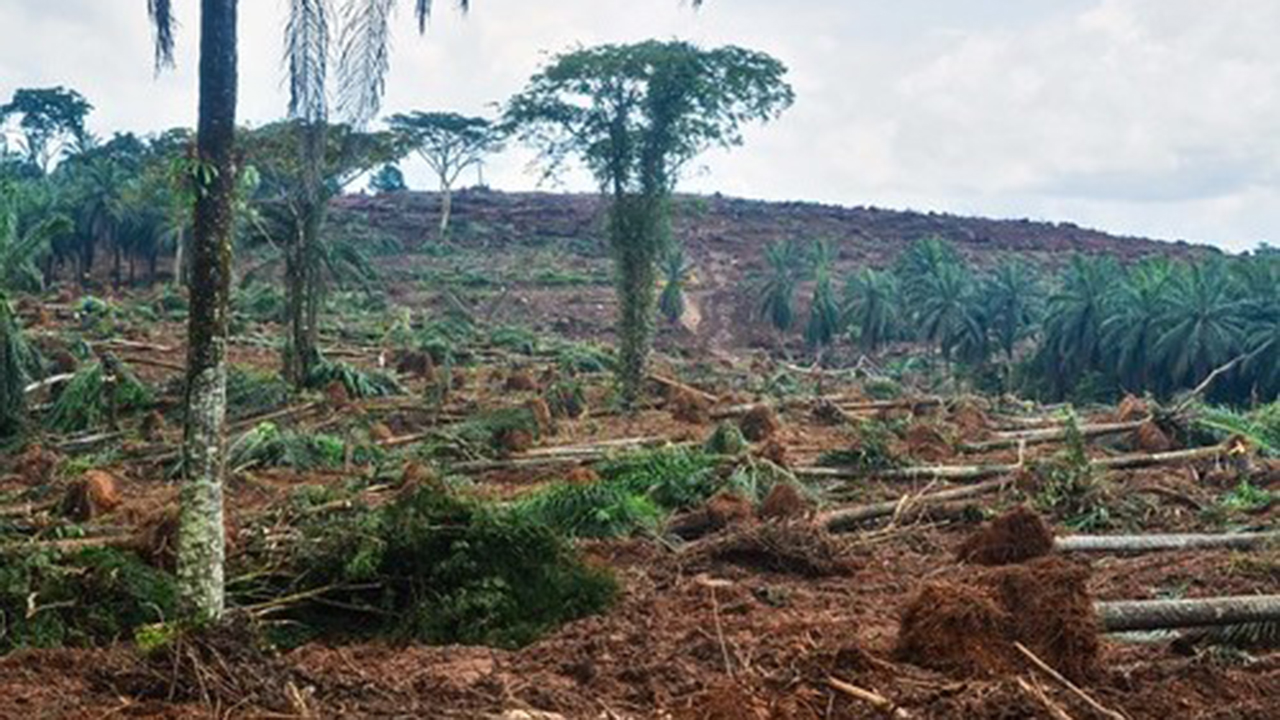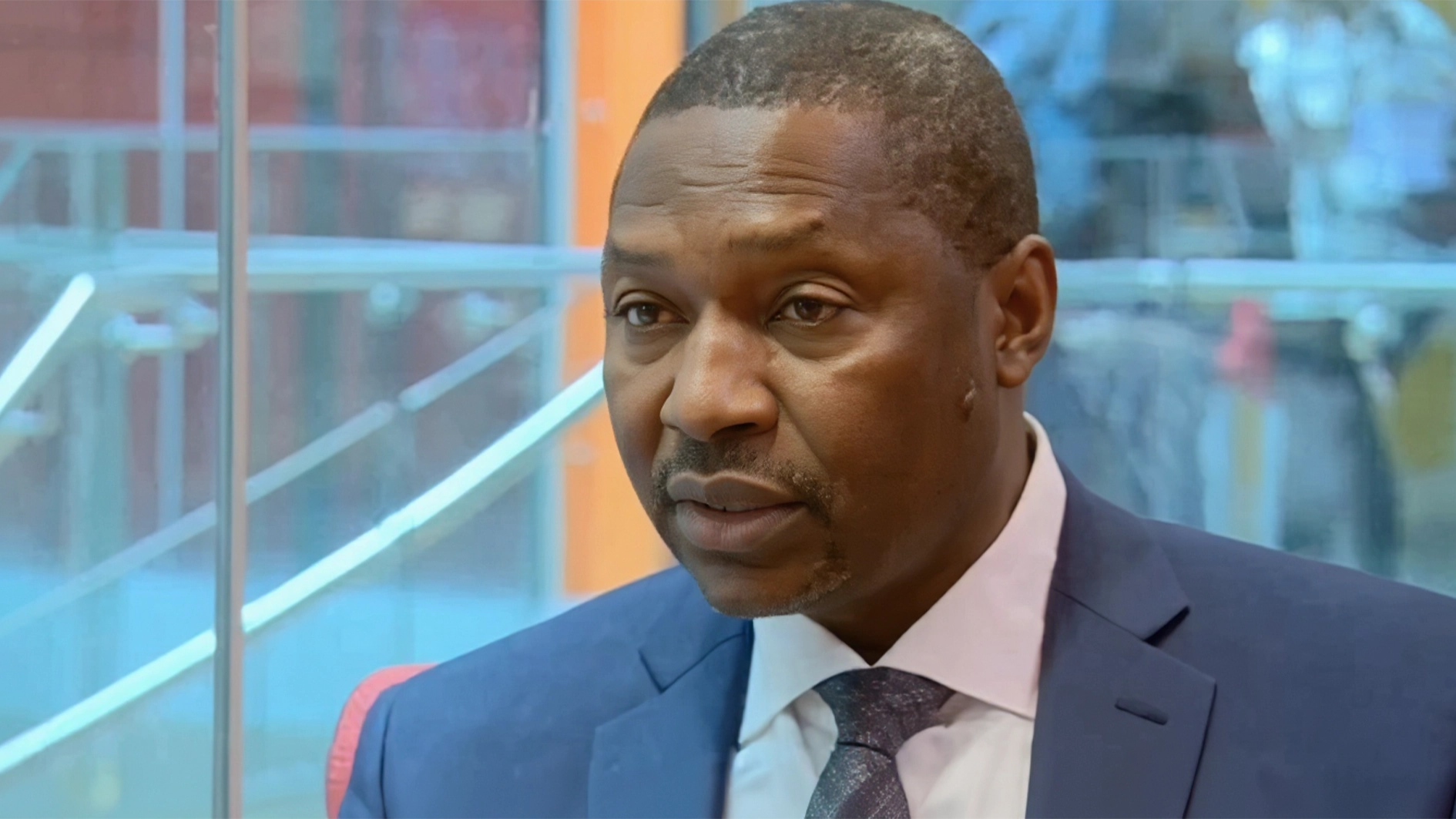
Agro-Climatic Resilience in Semi-Arid Landscapes (ACReSAL) project has restored 21,261 hectares of degraded land to combat the effects of deforestation in Kano.
The landmark achievement was attained after the successful implementation of a two million tree planting initiative across rural and urban areas of the state in the last three months.
ACReSAL, a Nigerian hybrid implementation support mission for 19 Northern states and the FCT, is a World Bank-supported project being implemented by the FG, designed to restore one million hectares of degraded land set for broader landscape restoration by 2030.
The project will also help reduce the vulnerability of millions of extremely poor people in northern Nigeria, strengthening their roles in achieving environmental sustainability.
Addressing a press conference recently, ACReSAL state project coordinator, Dr. Dahir M. Hashim, said the project has achieved greater heights in its 3MTP initiative, thereby earning the trust and recognition of the global financial institution, World Bank.
He said with ACReSAL, the Federal Government aimed to check the menace of desertification, developing special ecosystems and catalysing sustainable agricultural production in Kano and the other 18 northern states and the FCT.
According to the project coordinator, ACReSAL has successfully initiated the planting of two million trees across rural areas in three months since the unveiling of the 3MTP initiative three months ago.
Besides, Dr. Hashim hinted that ACReSAL has equally rehabilitated 106 kilometres of shelterbelt, an essential barrier that protects soil from desertification, wind erosion, and excessive sunlight in Kano.
READ ALSO: World Environment Day: How unchecked mining, deforestation, others leave Nigerians poorer
“One of the key initiatives unveiled by ACReSAL is #3MTP_Kano, which aims to plant three million trees across rural and urban areas of Kano State to safeguard our environment. Today, I am delighted to report significant progress recorded within just three months of launching this initiative.
“First, the Rural Tree Planting component has been completed. We have also rehabilitated 4 km by 24 belts of shelterbelt in Yan Bawa (Makoda LGA) and the 4 belts of 2.5 km in Ginzo (Bagwai LGA). These shelterbelts are vital for maintaining soil fertility and combating land degradation.”
Dr. Hashim further stated, “In addition, we established woodlot plantations in Dunawa and Sabon Ruwa (Makoda LGA), which provide sustainable firewood sources for local communities, thereby reducing the need for indiscriminate tree felling.
“We have engaged in forest conservation and enrichment planting of indigenous species in areas such as Daddarawa, Dajin Kura (Tsanyawa LGA), Dan Soshiya, Kyarana (Kiru LGA), and Gwarmai (Ghari LGA), to name a few.
“We are also proud to have developed a 100-hectare conventional orchard in Kyale (Gabasawa LGA) and established individual orchards for over 1,200 farmers in various local government areas.
“Our efforts to regenerate indigenous species have yielded the recovery of 41,087 trees, with over 59,900 beneficiaries positively impacted so far—a number we expect to grow once the final enumeration is completed,” ACReSAL coordinator said.
Dr. Hashim added that the project has also rehabilitated two nurseries built with a combined capacity to produce one million seedlings. The two nurseries, according to Hashim, are fully operational, equipped with solar-powered boreholes and necessary infrastructure.






